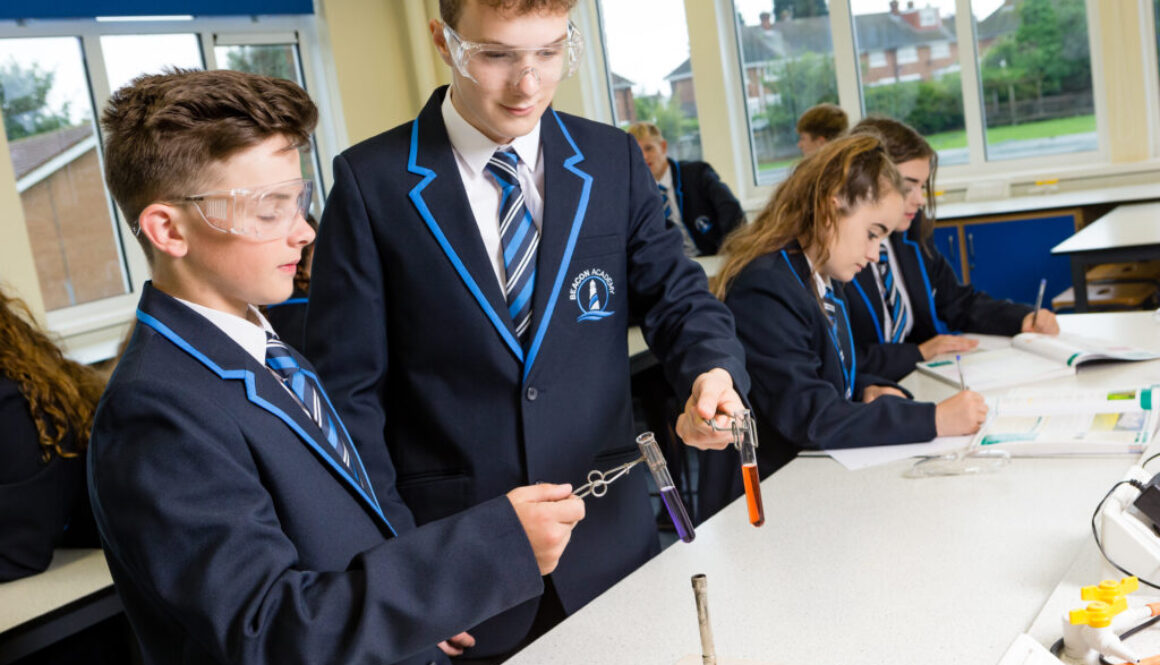Finding the Optimum: The Science Subject Report
By Dr Waheed Khan
Ofsted published its next report as part of its research review on 2nd February 2023. In “Finding the optimum,” the strengths and weaknesses of science in the schools inspected are evaluated, and a series of recommendations are made.
It’s worth noting that schools in England perform well above global averages in international comparison tests in science. Data from the 2019 ‘Trends in international mathematics and science study’ (TIMSS) shows that Year 5 pupils’ performance was relatively good, and broadly similar to that of pupils in 2015. However, there is concern that the status of science in some primary schools has remained at a lower level since national tests in science were removed in 2009, and that this has affected key stage 3 performance.
Findings related to primary schools
- Science was taught weekly in most primary schools. However, in a few schools, pupils had less than one science lesson every week, and occasionally, pupils went for entire half terms without learning science – this is a concern.
- Pupils took part in whole-class practical activities in a much larger proportion of lessons in primary schools than in secondary schools. Sometimes, practical activities covered too many aspects, and pupils were expected to learn too much disciplinary and substantive knowledge at once.
- Teachers used stand-alone demonstrations of practical science in very few of the science lessons visited by inspectors. This is a concern, given that practical demonstrations have been shown to play an important role in helping pupils to learn science.
- Timetabling remains an issue with insufficient time being allocated to enable all the knowledge in the National Curriculum to be covered properly which seems to result in schools focusing on substantive knowledge, at the expense of disciplinary knowledge.
Findings related to secondary schools
- Many schools started teaching pupils GCSE content at some point during Year 9. However, in most cases, this did not lead to narrowing of the curriculum and topics were retained even though they are not assessed at GCSE.
- There were some weaknesses in curriculum planning. At times, objectives were too broad. There was also sometimes a lack of time for pupils to practice new content before moving on.
- Some schools recognised and checked prior learning at KS2, but in other schools, secondary subject leaders did not have a sufficiently clear understanding of what science pupils were expected to know from primary school.
- In some school curriculums, disciplinary knowledge was not sufficiently well integrated with substantive content. It was treated as a stand-alone block or unit.
The picture the report presents will not reflect the reality of any individual school. Your school’s action plan for science should identify what your school is doing to develop its teaching of the subject which may, or may not, include some of the issues the report identifies.
What our Trust schools can learn from the report are the areas that Ofsted has identified as the most significant opportunities to improve the teaching of science. If they feature on your school’s action plan then, as a science network we’ll try to suggest ways that you might address them.


